The 2021 Investigative Summer STEM Program (ISSP) set the record for the largest number of high school participants (30) to date.
ISSP camp is an immersive, weeklong experience that allows high schoolers to develop a better understanding of work in STEM-related fields through science, technology, engineering and math. For five days, students can perform hands-on research with Newman faculty, experience living on campus in the residence halls and even earn college credit.
A step into STEM
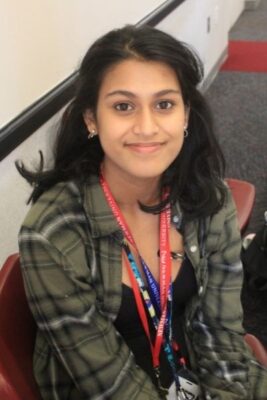
This year, students split into small groups and performed five research projects facilitated by Newman professors. The project topics were “CRISPR-Cas Gene Editing,” “Effectiveness of Disinfectants in Microbiology,” “Drug Synthesis,” “Renewable Energy Design Project” and “Forensic Identification.”
Sai Ananya Guntaka, a soon-to-be high school senior from Pittsburgh, Pennsylvania, applied for the ISSP camp after a distant relative mentioned the opportunity to her mom over a phone call.
“We decided to look into it, and it’s actually been a lot of fun,” Guntaka said. “This is one of my first times staying away from home for a week, and I’m really liking the environment. Everyone’s really friendly, and the lab work that we’re doing is very interesting because it’s a lot different from what we do in school.”
George Nikolov, another ISSP student, will be a senior at Derby High School in the fall. Nikolov applied for the ISSP camp because he knew it would be a great learning opportunity, but also a helpful resume booster and a way to meet other students, he said.
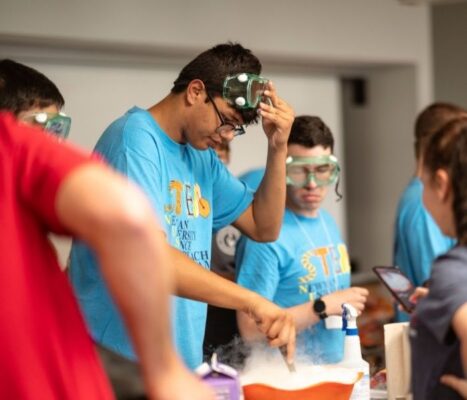
“The labs are my favorite part for sure,” Nikolov said. “I’m doing bacterial growth, so we’re getting to implant genes into different bacteria. That’s really exciting to me because I want to pursue a career in medicine.”
In addition to daily project research, the 30 campers took a tour of the university campus, experimented with liquid nitrogen and competed amongst one another in an escape room to see who could solve the puzzles the fastest.
Halfway through the week, students and faculty drove to Koch Industries for an off-campus excursion. The two-hour field trip included a tour of Koch Industries, student-friendly lab experiments, and opportunities to interact with personnel in the field.
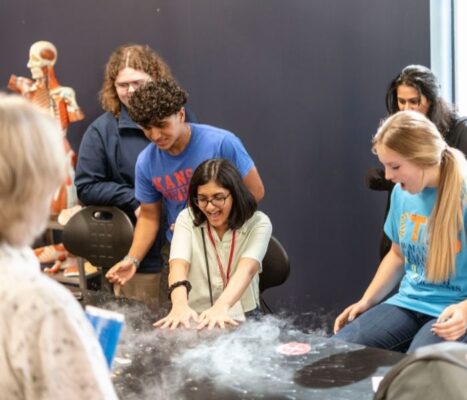
“At Koch, they made it a point to get students engaged and got them asking good questions,” said Ryan Huschka, Ph.D., associate professor of chemistry. “Before and after the tour, they’d ask students where they’re from and what they’re interested in, and it was a very encouraging environment in that way.”
Students presented their research project findings to the rest of the group on their final day of camp. The week came to a close with an awards reception for the ISSP participants and their families, which allowed professors to acknowledge the students’ efforts and share about the week’s activities.
“A science lover’s dream camp”
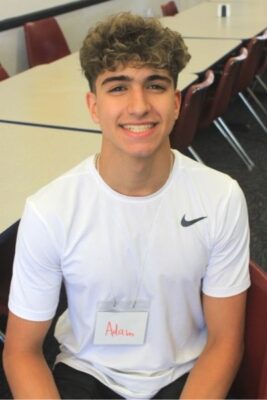
For some students, ISSP camp gave them their first opportunity to participate in hands-on experimentation.
“I’ve done labs in school, but usually not as advanced as the ones we’ve gotten to do here,” said Adam Sandid, a soon-to-be junior at Wichita Collegiate School. “I was in the forensic identification group and we experimented with testing substances, and then we did a lab where we created different hydrocarbons, so that was interesting.”
Sandid said that when he applied to the camp, he knew that the long couple of days would be well worth the turnout.
“Even if you’re not interested in science, you should always try to learn something new,” Sandid added. “It’s always just good to have new knowledge.”
Nikolov believes there is value in both the challenges and the independence that the ISSP camp provides.
“Having a schedule, sticking to a routine, being on your own and pushing yourself to do the work on your own instead of having a parent or teacher do it for you is a good way to get out of your comfort zone,” Nikolov said. “Staying away from home and kind of being on your own for a little bit is important because, you know, next year I’ll be in college. It’s something I need to learn and it’s a new experience.”
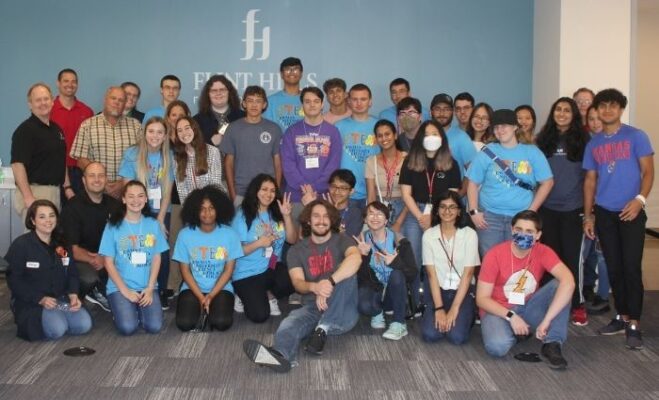
ISSP students are introduced to a variety of fields, from geometry and molecular biology to chemistry and alternative energy. They experience life in the residence halls, attend lectures and conduct experiments in the lab — all while exploring the world of STEM.
“They get that varied interaction with the STEM field and that’s the idea,” Huschka said. “We want to expose them to a whole bunch of different areas and see if any of them pique their interests.”
Watch the recap video of the 2021 ISSP camp on YouTube.

